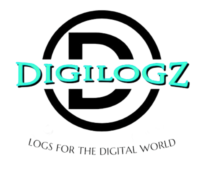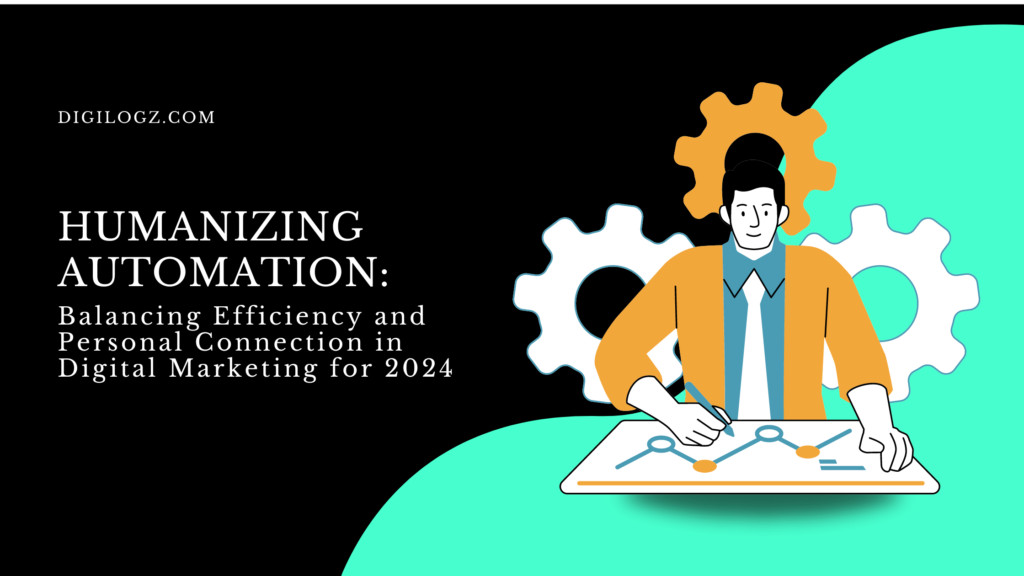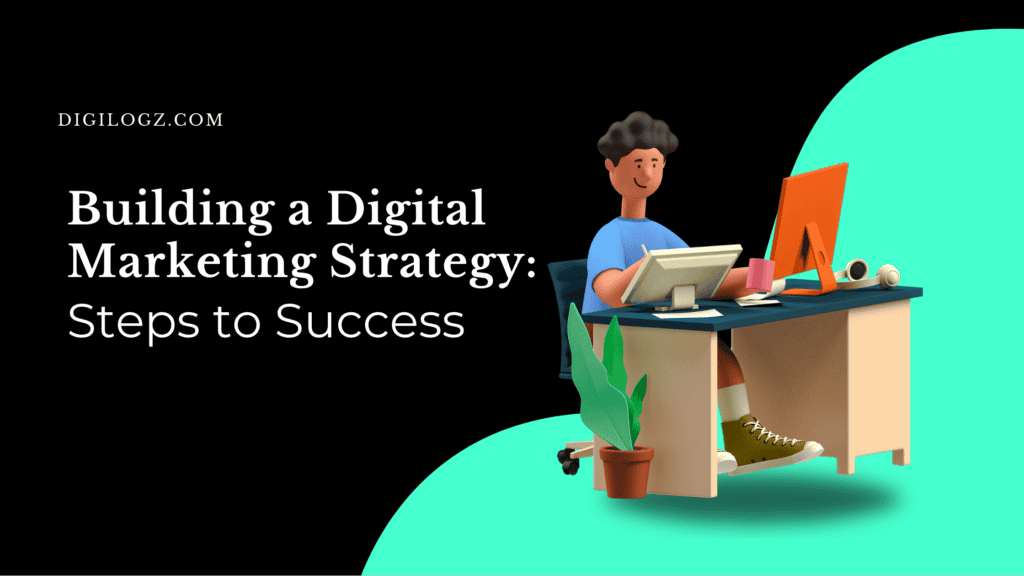Humanizing Automation: Balancing Efficiency and Personal Connection in Digital Marketing for 2024
In the rapidly evolving world of digital marketing, automation plays a crucial role in enhancing efficiency. However, maintaining a personal connection with customers is equally important. This guide explores the concept of humanizing automation, providing insights and strategies for achieving a balance between efficiency and personal connection.
Introduction
Definition and Importance of Humanizing Automation in Digital Marketing

Humanizing automation involves integrating personalized and human-like elements into automated digital marketing processes. It aims to create more meaningful and engaging interactions with customers, even when using automated tools. This approach is essential for fostering customer loyalty, building trust, and enhancing the overall user experience.
Overview of Balancing Efficiency and Personal Connection
The challenge in digital marketing lies in balancing the efficiency gains from automation with the need for personal connection. While automation streamlines repetitive tasks and scales marketing efforts, human touchpoints ensure customers feel valued and understood. Achieving this balance is crucial for the success of digital marketing strategies.

Understanding Automation in Digital Marketing
Definition of Automation in Digital Marketing
Automation in digital marketing refers to the use of software and technology to perform repetitive marketing tasks without human intervention. These tasks include email marketing, social media scheduling, customer segmentation, and campaign management.
Types of Automation Tools and Technologies
- Email Marketing Automation: Tools like Mailchimp and HubSpot automate email campaigns, allowing marketers to send personalized messages based on user behavior.
- Social Media Scheduling: Platforms such as Hootsuite and Buffer schedule and post content across various social media channels.
- Customer Relationship Management (CRM): Systems like Salesforce and Zoho CRM manage customer interactions, track leads, and automate follow-ups.
- Analytics and Reporting: Tools like Google Analytics and Tableau automate data collection and generate insightful reports.
The Role of Efficiency in Digital Marketing
Advantages of Automation for Efficiency
- Time Savings: Automation handles repetitive tasks, freeing up time for marketers to focus on strategic activities.
- Consistency: Automated processes ensure consistent execution of marketing campaigns, reducing the risk of human error.
- Scalability: Automation allows marketers to manage large-scale campaigns and reach a broader audience with minimal effort.
- Data-Driven Decisions: Automated tools collect and analyze data, providing actionable insights for optimizing marketing strategies.
Examples of Automated Tasks
- Email Marketing: Automated email sequences nurture leads and engage customers based on their interactions with previous emails.
- Social Media Scheduling: Automated posting schedules maintain a consistent online presence and engage followers at optimal times.
- Ad Campaign Management: Automated bidding and targeting in platforms like Google Ads optimize ad spend and improve campaign performance.
The Importance of Personal Connection
Definition of Personal Connection in Digital Marketing
Personal connection in digital marketing refers to creating a sense of familiarity, trust, and emotional engagement with customers. It involves understanding customer needs, preferences, and behaviors to deliver relevant and meaningful interactions.
Why Personal Connection Matters in the Digital Age
In an era of digital communication, personal connection differentiates brands and fosters loyalty. Customers are more likely to engage with and support brands that understand and value them as individuals. Personal connections also drive word-of-mouth referrals and enhance brand reputation.

Challenges of Over-Automation
Potential Pitfalls and Drawbacks of Excessive Automation
- Lack of Personalization: Over-reliance on automation can lead to generic and impersonal interactions, alienating customers.
- Customer Dissatisfaction: Automated responses may fail to address specific customer concerns, leading to frustration and dissatisfaction.
- Loss of Brand Identity: Excessive automation can result in a loss of the brand’s unique voice and personality, making it harder to stand out.
Examples of Brands Failing to Humanize Their Automation
- Generic Email Campaigns: Brands that send generic, one-size-fits-all emails often experience low engagement and high unsubscribe rates.
- Automated Social Media Responses: Automated replies on social media that fail to address the context of customer inquiries can damage the brand’s reputation.
- Overly Mechanical Chatbots: Chatbots that provide robotic and unhelpful responses can frustrate customers and drive them away.
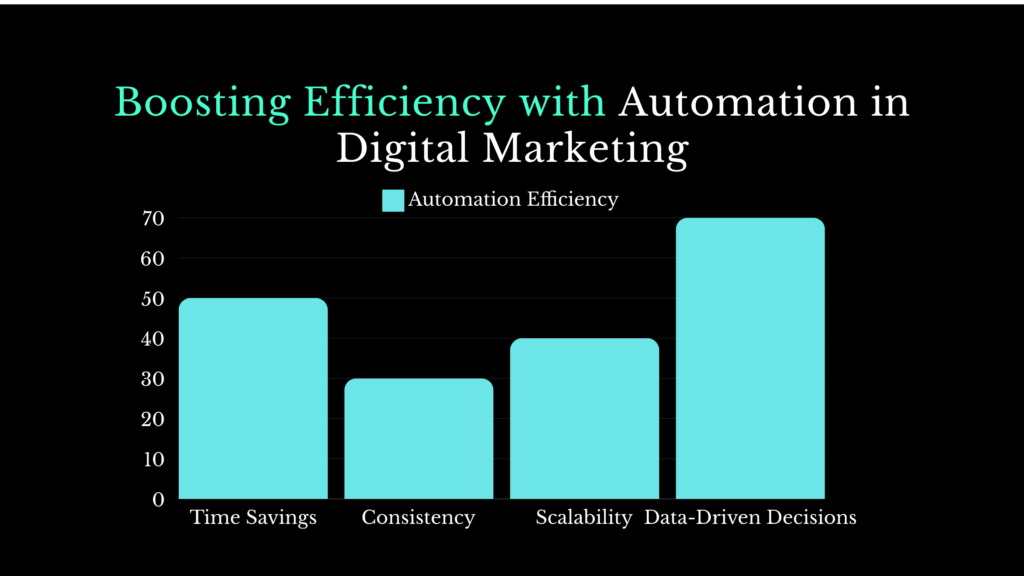
Strategies for Humanizing Automation
Incorporating Personalization into Automated Processes
- Segmenting Audiences: Use data to segment customers based on demographics, behavior, and preferences, delivering tailored content.
- Dynamic Content: Implement dynamic content in emails and web pages that changes based on user interactions and preferences.
- Personalized Recommendations: Use AI algorithms to provide personalized product or content recommendations based on past behavior.
Using Data to Enhance Customer Interactions
- Behavioral Analytics: Analyze customer behavior to understand their needs and preferences, informing more personalized interactions.
- Customer Feedback: Collect and analyze feedback to refine automated processes and improve the customer experience.
- Predictive Analytics: Use predictive models to anticipate customer needs and deliver proactive, personalized communications.
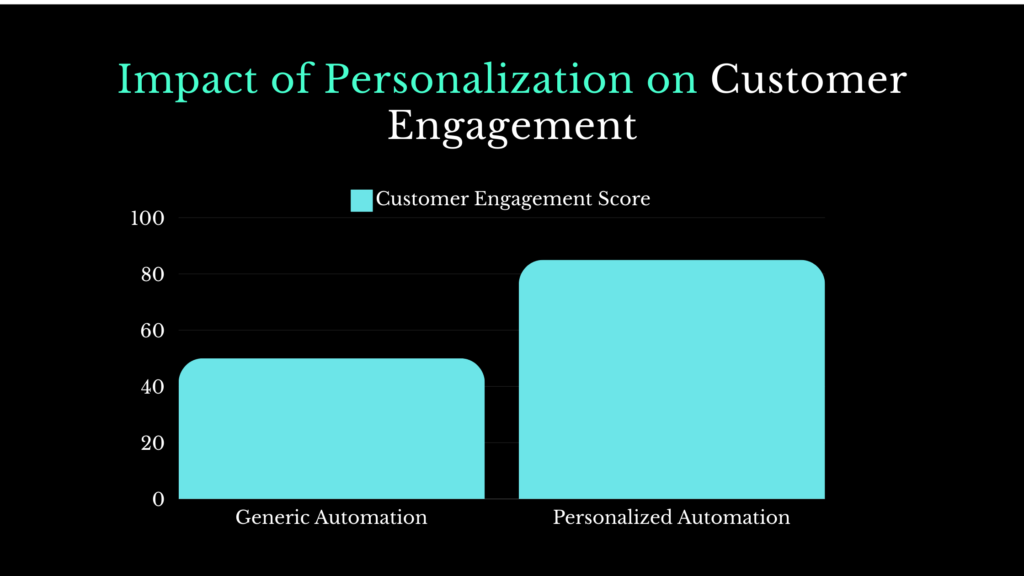
Case Studies
Successful Examples of Brands Balancing Automation and Personal Connection
- Netflix: Netflix uses sophisticated algorithms to personalize content recommendations, enhancing user engagement while maintaining a personal connection.
- Amazon: Amazon’s automated recommendation engine provides personalized product suggestions, driving sales and customer satisfaction.
- Spotify: Spotify’s Discover Weekly playlists use automation to curate personalized music recommendations, delighting users with tailored content.
Lessons Learned from Case Studies
- Leverage Data: Successful brands use data to inform and personalize their automated processes.
- Maintain Brand Voice: Even when using automation, it’s crucial to maintain a consistent and authentic brand voice.
- Focus on Customer Experience: Prioritize customer experience by balancing efficiency with personalized, meaningful interactions.
Ethical Considerations
Privacy Concerns in Automated Marketing
- Data Security: Ensure customer data is stored securely and used ethically.
- Consent: Obtain explicit consent for data collection and use in automated marketing processes.
- Transparency: Be transparent about how customer data is used and provide options for opting out of automated communications.
Transparency and Customer Consent
- Clear Communication: Clearly communicate the benefits of data collection and how it enhances the customer experience.
- Opt-In Mechanisms: Implement opt-in mechanisms for automated communications to respect customer preferences.
- Regular Audits: Conduct regular audits of automated processes to ensure compliance with privacy regulations and ethical standards.
Future Trends and Innovations
Emerging Technologies in Humanizing Automation
- Artificial Intelligence (AI): AI-driven personalization enhances customer interactions by understanding and predicting their needs.
- Machine Learning (ML): ML algorithms continuously improve automated processes by learning from customer data and interactions.
- Natural Language Processing (NLP): NLP enables more natural and engaging interactions with chatbots and virtual assistants.
Predictions for the Future of Digital Marketing
- Increased Personalization: Automation will continue to evolve, offering even more personalized and contextually relevant interactions.
- Enhanced Customer Experience: The focus on customer experience will drive innovations in automation, balancing efficiency with personal connection.
- Ethical Automation: Ethical considerations will play a more significant role, with brands prioritizing transparency and customer consent.
Conclusion
Recap of Balancing Efficiency and Personal Connection
Balancing efficiency and personal connection is essential for successful digital marketing. While automation enhances efficiency, incorporating personalization and maintaining a human touch ensures meaningful customer interactions.
Final Thoughts on the Future of Humanizing Automation
The future of digital marketing lies in humanizing automation. By leveraging emerging technologies and ethical practices, brands can create efficient yet personal experiences that foster customer loyalty and drive business success.
FAQs
Why is it important to balance efficiency and personal connection in digital marketing?
Balancing efficiency and personal connection is crucial because while automation streamlines repetitive tasks and scales marketing efforts, personal connection builds trust, loyalty, and emotional engagement with customers. Striking the right balance ensures that customers feel valued and understood, leading to better long-term relationships and improved business outcomes.
What are some common pitfalls of over-automation in digital marketing?
Over-automation can lead to impersonal interactions, customer dissatisfaction, and loss of brand identity. Automated messages that lack personalization or fail to address specific customer concerns can alienate customers and damage the brand's reputation. It's essential to ensure that automation enhances, rather than detracts from, the customer experience.
How can personalization be incorporated into automated processes?
Personalization can be incorporated into automated processes by using data to segment audiences, implementing dynamic content, and providing personalized recommendations. Leveraging customer data and behavior insights allows marketers to tailor messages and offers to individual preferences, making automated interactions more relevant and engaging.
What role do data and analytics play in humanizing automation?
Data and analytics are crucial for humanizing automation as they provide insights into customer behavior, preferences, and needs. By analyzing this data, marketers can create personalized and contextually relevant automated interactions. Predictive analytics and AI-driven tools further enhance personalization by anticipating customer needs and delivering proactive solutions.
What are some advanced strategies for balancing automation and personal connection?
Advanced strategies include using AI and machine learning for sophisticated personalization, implementing retargeting campaigns to re-engage visitors, and leveraging chatbots with natural language processing for more human-like interactions. Additionally, continuously testing and optimizing automated processes ensure that they remain effective and aligned with customer expectations.
